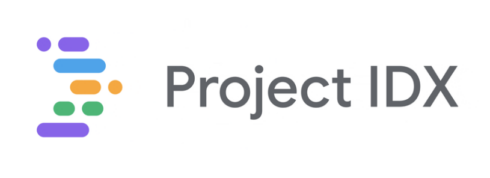
The new Project IDX is a browser-based development experience that has been constructed utilizing Google Cloud infrastructure and is empowered by Codey, a foundational AI model that has undergone training on code and uses the PaLM 2 framework.
The main objective of Project IDX is to simplify the process of developing, overseeing, and deploying comprehensive web and multiplatform applications that incorporate well-known frameworks and programming languages, according to Google in a blog post. Additionally, Project IDX is constructed on Code OSS, ensuring a sense of familiarity regardless of the nature of the project being undertaken.
The decision to unveil Project IDX at this juncture is primarily driven by the aspiration to gather input from the wider developer community, with the intention of identifying ways to enhance and expedite their work processes.
Project IDX offers the capability for users to seamlessly import their ongoing GitHub projects, allowing them to resume their work effortlessly. Users have the option to initiate fresh projects utilizing ready-made templates tailored for renowned frameworks like Angular, Flutter, Next.js, React, Svelte, and Vue.
These templates encompass a range of programming languages such as JavaScript and Dart, and there are plans to include upcoming support for additional languages like Python and Go. The development team is actively engaged in expanding their support to encompass more project types and frameworks, and they eagerly welcome user input and suggestions for identifying the technology stacks to be included.
Addressing a frequent challenge encountered during the process of transitioning an application to production, the integration of Firebase Hosting within Project IDX simplifies this step significantly. This integration enables users to effortlessly deploy a readily shareable preview of their web application or proceed with production deployment. The deployment process is streamlined, requiring only a few clicks to leverage Firebase Hosting, a hosting platform renowned for its speed, security, and worldwide accessibility. Notably, the compatibility with dynamic backends, facilitated by Cloud Functions, renders this approach particularly advantageous for comprehensive frameworks like Next.js.






